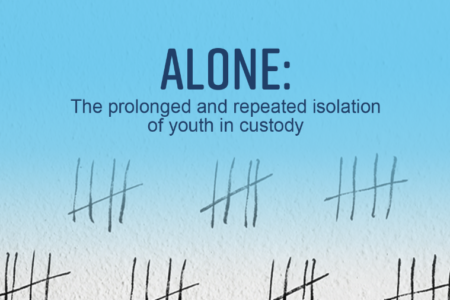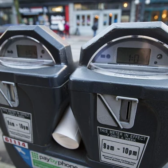Holiday driving can lead to accidents so plan ahead
When holiday driving heats up so do driver fatigue-related crashes.
In an ICBC survey, an alarming 30 per cent of respondents admitted that they have nodded off while driving and yet only 54 per cent of respondents said they think drivers fatigued from long hours of driving have a very serious impact on road safety during in July and August in B.C.
Those figures relate to three people killed and 81 injured during the holiday peak months of July and August.
“Driving while fatigued or drowsy is a serious impairment,” said Chief Officer Neil Dubord, Chair of the B.C. Association of Chiefs of Police Traffic Safety Committee.
“Don’t let the rush to get there cloud your judgment. If you feel drowsy while driving, switch drivers or pull over safely and take a nap. The only cure for drowsiness is sleep—it’s better to arrive late than not at all.
“Police will be out looking for unsafe drivers across the province this long weekend.”
Long drives and hot summer weather can be a deadly combination that can cause driver fatigue.
Fatigue can slow your reaction time and impair your judgment. When driving at highway speeds, even a slight reduction of your reaction time can significantly increase your risk of a crash.
“If you’re going on a road trip this long weekend, be prepared,” said John Dickinson, ICBC’s director of road safety.
“Plan ahead to share the driving with your passengers if possible. Pack refreshments and look for opportunities like viewpoints or rest stops to take a break to avoid becoming drowsy.”
Stats from ICBC say over the B.C. Day long weekend, on average, 94 people are injured in 360 crashes in the Southern Interior every year.
Anyone heading out on the road this long weekend is urged to plan ahead to avoid getting fatigued while driving and watch for signs of fatigue or drowsiness.
Tips:
-
Plan ahead: Make sure you are well-rested when you head out on your trip. Check out drivebc.ca for up-to-date road and weather conditions so you have a realistic estimate of how long your trip will take. Plan to take a rest break every two hours and identify the rest stops along your route ahead of time so you know where you can safely pull over.
-
Know the signs: It’s important to learn the warning signs of fatigue when driving:
– You don’t notice a vehicle until it suddenly passes you.
– You don’t recall driving the last few kilometres.
– You’re yawning or daydreaming.
– Your driving speed creeps up or down.
– You find yourself wandering into the next lane.
– Your eyes feel heavy or you have difficulty keeping your head up.
- Take turns at the wheel: According to an ICBC survey, men are more likely to do all the driving on road trips longer than three hours and, as a result, are more likely to nod off or fall asleep when driving. If possible, switch drivers every two hours to prevent driver fatigue. If you begin to feel drowsy and your passengers can’t share the driving or you’re driving alone, pull over when it’s safe to do so and have a nap. The only cure for drowsiness is sleep—it’s better to arrive late than not at all.


























